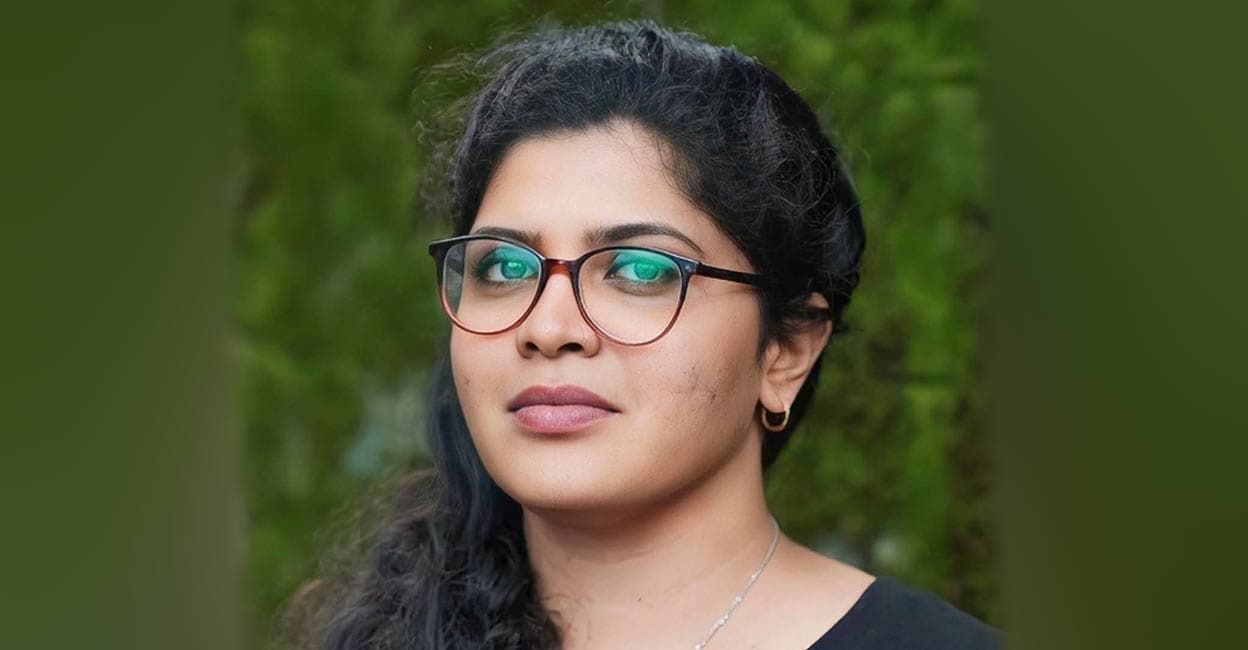At her maiden college hackathon, Geethu Sivakumar stood out as the only girl in the room. Fifteen years later, she is the founder and CEO of Pace HiTech, a Kerala-based company with a global presence in web, mobile app development and digital marketing. Yet, she says that one reality remains largely unchanged — the number of women in entrepreneurship is still strikingly low.
For Geethu, what matters is perseverance. The courage to adapt. The willingness to take risks. “Not gender,” she stresses.
A native of Thiruvananthapuram, Geethu launched Pace HiTech in 2015, while still in her second year of Electronics and Communication engineering. She was only 19. Today, her company operates in five countries.
“Two or three years ago, I went as a judge for a hackathon. Out of the entire event, I saw just two or three girls. That scenario hasn’t changed,” she says. “It’s not about talent. It’s the deep-rooted belief in our society that a woman’s path is to get married and move to another house. I’ve seen extremely talented girls drop their dreams because of parental pressure. Parents should be supporting their daughters more. Without that, the only way is financial independence. If you can pay your own rent, take care of your expenses, no one can really control you.”
Geethu’s own journey began much earlier. She started freelancing in high school, building websites for pocket money. In 2011, she was named Kerala’s best web developer at a state-level IT fest, receiving her award from then Chief Minister Oommen Chandy.
But she wasn’t satisfied. “Freelancers are the most exploited section in the industry — the least paid, and the most overworked. I realised I didn’t want to keep working like that. I wanted to start something of my own.”
That decision wasn’t overnight. “It was gradual. Over months, I became more and more certain that this is what I want to do,” she recalls. Support from the industry was minimal. “Almost everyone told me I couldn’t sustain in a market already full of service companies. The only person who supported me was my principal, Dr Anil. He told me to use our college incubator and try.”
By her final year, Geethu was already earning more than the salary offered by placement companies. “That’s when I decided — why work for someone else when I’m already running my own firm?”
Her biggest challenge came later, when technology itself began to shift. AI started changing everything. “I once believed human creativity could never be replaced. Then I saw AI writing poetry, designing visuals. I was wrong. I realised that if we don’t adapt, we’ll be left behind. I know many who started strong in their 20s, but now in their 40s or 50s, they are stuck because they didn’t adapt.”
Geethu chose differently. She embraced AI and restructured her company’s services by tracing what AI can’t do. Today, Pace HiTech has a 30-member team with offices in India, Singapore and the Middle East.
Funding, too, she managed smartly. “As a service company, we didn’t need big financial backing. Clients paid advance amounts, which covered initial costs. The incubator rents were low. Later, a few investors put in private equity. Step by step, we grew.”

